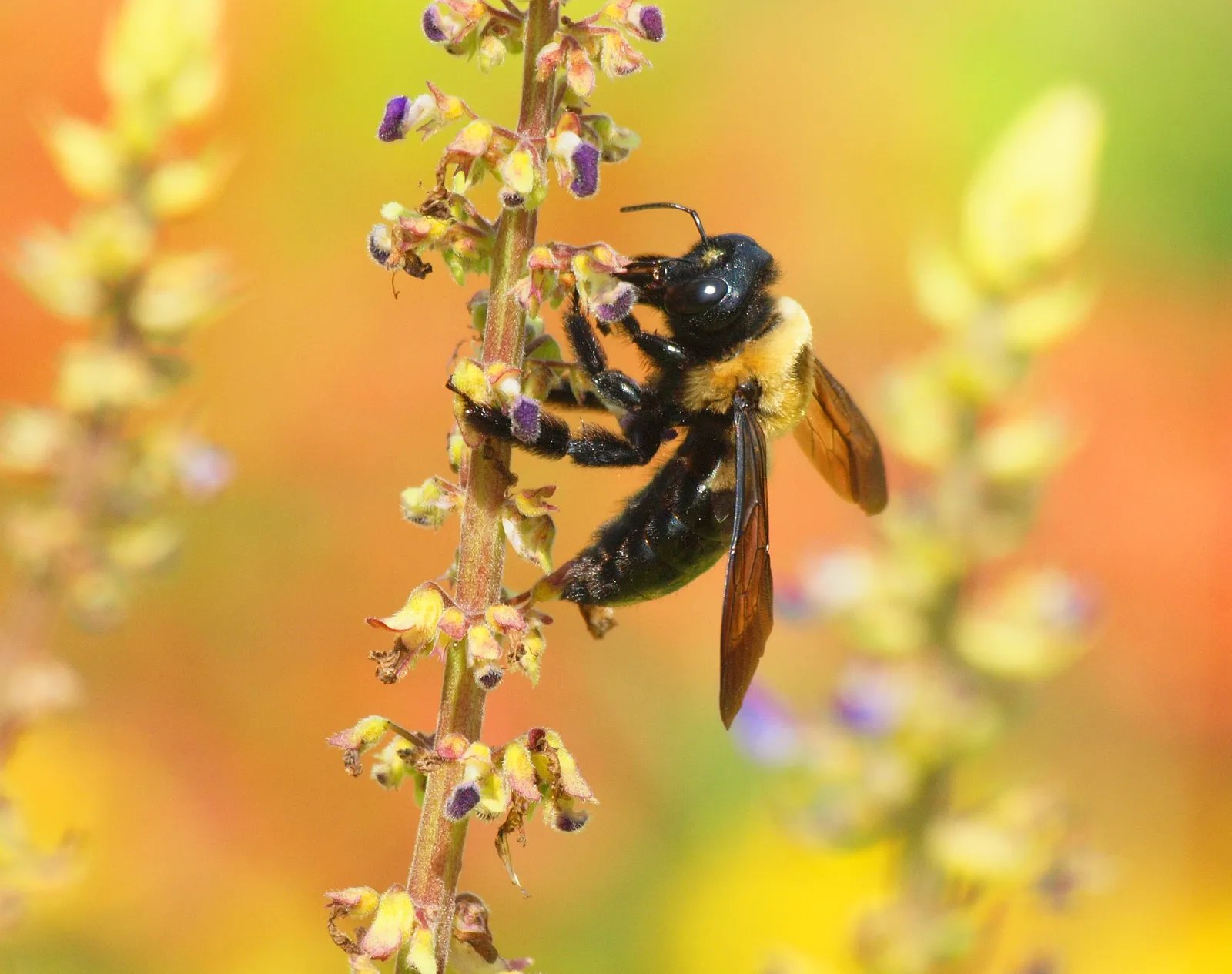Saudi Arabia's Opportunity to Lead the Way in Global Biodiversity Protection
By Deborah Lehr
February 6, 2025
Blue Holes of Saudi Arabia. The National
Saudi Arabia is rediscovering its natural assets
From the coral reefs of the Red Sea to the sweeping dunes of the Empty Quarter, the Kingdom is home to an impressive array of ecosystems and biodiversity. With this renewed focus on its natural heritage comes an unparalleled opportunity: to emerge as a global leader in protecting and valuing nature.
The timing could not be more ideal.
The Kingdom's Vision 2030 agenda has already set in motion transformative initiatives aimed at diversifying the economy and positioning Saudi Arabia as a global hub for innovation and sustainability.
Integrating biodiversity protection into this vision aligns with these objectives and underscores the Kingdom's commitment to addressing one of the most pressing global challenges of our time.
Biodiversity is facing an unprecedented crisis worldwide
Scientists predict that species are now disappearing up to 1,000 times the natural rate of one to five species per year. Over the past four decades, the abundance of mammals, birds, fish, reptiles, and amphibians has declined by an average of 60 percent. If this trend continues, 30 to 50 percent of all species may be lost by the middle of the 21st century.
Bee pollination drives billions of dollars a year in global agricultural production, but the busy insects are under threat. Creative Commons Flickr/Jim Bauer
The economic implications of biodiversity loss are profound.
Research from the World Economic Forum shows that around half of the global GDP—approximately US$44 trillion—is highly or moderately dependent on nature.
For example, the loss of pollinators such as bees and butterflies could result in an estimated US$217 billion annual decline in agricultural output alone.
Saudi Arabia is in a unique position as it develops large portions of its pristine coastline and desert communities to establish and uphold world-class environmental standards. By prioritizing the preservation of its natural assets, the Kingdom can demonstrate that economic growth and conservation are not mutually exclusive.
Unlike many nations that have struggled to balance development with environmental protection, Saudi Arabia has the opportunity to chart a different course.
By embedding sustainability into the foundation of its development projects, the Kingdom can set a global example. Initiatives such as the Saudi Green Initiative, which aims to plant 10 billion trees, highlight the Kingdom's commitment to environmental stewardship and the potential to inspire similar efforts worldwide.
Saudi Arabia's leadership in biodiversity protection could serve as a catalyst for new industries
The environmental sector is one of the fastest-growing areas of the global economy. From clean technology startups to nature-based tourism and regenerative agriculture, investing in biodiversity could generate employment opportunities, attract international investment, and position the Kingdom as a hub for green and blue innovation.
Green Riyadh Project
One particularly promising avenue is ecotourism.
Asir National Park, Abha, Saudi Arabia.
Saudi Arabia has already begun welcoming international visitors, showcasing its rich cultural heritage and natural landscapes. Expanding this vision to include eco-lodges, wildlife safaris, and marine conservation experiences could stimulate local economies, create jobs in rural communities, and offer travelers sustainable, unforgettable experiences. The challenge is finding the right balance between development and maintaining the natural surroundings.
Another frontier is the concept of valuing nature—quantifying the economic worth of natural resources.
NEOM project
Saudi Arabia, with its financial resources and technological ambitions, is well-positioned to pioneer efforts in this emerging field. By assigning tangible value to biodiversity through carbon sequestration, ecotourism, and ecosystem services, for example, the Kingdom can protect its natural wealth while demonstrating the economic resilience that conservation efforts can bring.
Development of the blue economy presents yet another opportunity.
Coast of the Red Sea. Source: Florida Museum
Saudi Arabia’s Red Sea coastline is one of the most biodiverse marine regions in the world, boasting thriving coral reefs and unique marine species. Investments in sustainable aquaculture, marine conservation, and ecotourism could not only preserve these vital ecosystems but also create new revenue streams and establish the Kingdom as a global leader in sustainable marine management.
The Kingdom's actions could inspire neighboring countries across the Middle East and North Africa to adopt similar strategies, creating a ripple effect of positive change.
As nations worldwide grapple with the challenges of urbanization, desertification, and biodiversity loss, Saudi Arabia's proactive approach could serve as a model, proving that environmental protection is not a cost but an investment in the future.
Through these efforts, the Kingdom can safeguard its natural heritage for future generations, foster economic diversification, and reinforce its standing as a leader in sustainable development. At a time when the world is seeking leadership in environmental stewardship, Saudi Arabia has the opportunity to lead by example and redefine the intersection of conservation and economic prosperity.
Published by Basilinna Institute. All rights reserved.









